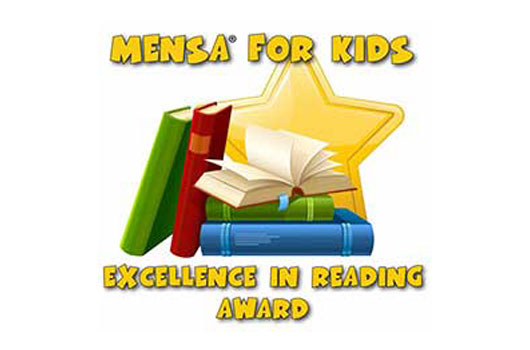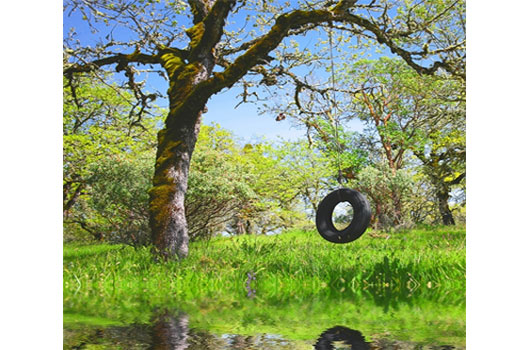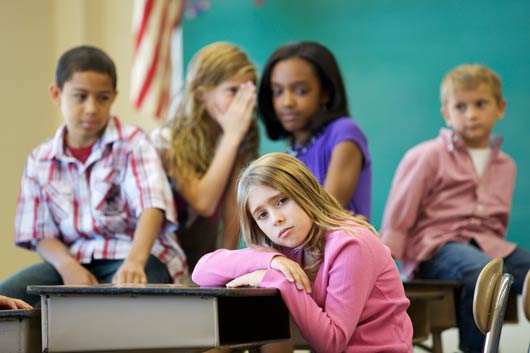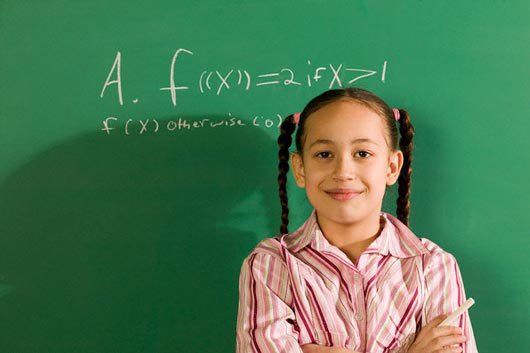
My mother is a total powerhouse. Driven, smart, strong, accomplished. Amazing, really. But she does not know how to ride a bicycle. Why? Because no one ever taught her. It does not sound like too much of a big deal, but when you stop to think about it riding a bike really is a cornerstone of our experience as urban, cosmopolitan people. Accomplished or not, I can guarantee you that given the chance to really know the feeling of gliding down a flower-lined road, confident under a sunny sky, on a vintage bike in southern France, my mom would snatch it right up.
This is just one example of what I’ll call developmental-slipping-through-cracks, which can happen against our fast paced rhythm of living, or sometimes for no good reason at all. As moms, just the task of keeping our children healthy, happy and alive sometimes feels like the bottom line, a task that itself requires us to juggle—so it makes sense that some things inevitably do or can slip through cracks.
Read Related: What Life Skills Should My Preschooler Have?
With that in mind, we encourage you to check in with our skill scale to make sure that above and beyond your kid being alive and well they are also hitting the critical milestones for a balanced, well-rounded life.
As a parent, you may be aware of the skills scale put forth by the American Academy of Pediatrics that says, for example that your child should be able to dress and undress without help, speak in sentences longer than five words and print letters by age 5. Another group says that between the ages of 9-11 a child should be able to:
- Write several paragraphs supporting his or her argument. Editing his composition for grammar, punctuation, and spelling is expected;
- Show a sense of self-identity, independence, and development of moral values that will mark the teen years; and
- Present his or her own beliefs to his peers and parents.
And lastly, children ages 12-18 should be able to:
- Understand abstract ideas, such as higher math concepts, and develop moral philosophies, including rights and privileges;
- Establish and maintain satisfying relationships by learning to share intimacy without feeling worried or inhibited; and
- Move toward a more mature sense of themselves and their purpose.
And then there are those life skills that parents or adults consider important, that may not show up on these scales, but are important nonetheless. So we checked in with moms nationwide to explore the landmark skills they believe are crucial for all kids to master, basics to keep an eye on from their early childhood and as they develop into young adults. Here’s a sampling of what they had to say:
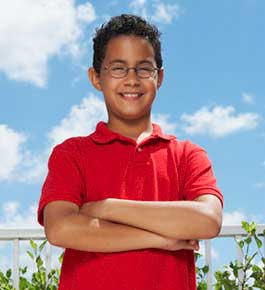 “Being self-sufficient and confident,” says Lorraine C. Ladish, author and Voxxi Mujer Editor. “Respect, good manners, etiquette, having a firm handshake and looking people in the eye and speaking without mumbling, VERY important especially in today’s world.”
“Being self-sufficient and confident,” says Lorraine C. Ladish, author and Voxxi Mujer Editor. “Respect, good manners, etiquette, having a firm handshake and looking people in the eye and speaking without mumbling, VERY important especially in today’s world.”
Florida mom McNelly Torres, believes basic math is crucial to master, and as they get older, the art and discipline and saving. She’s also passing along The Golden Rule and other lessons she learned from her grandmother to her son and daughter. “I’ve also taught my children to be honest, to have integrity and respect one self and others,” says Torres, Associate Director and reporter for the Florida Center for Investigative Reporting. “Treat people the way you want them to treat you. But I’ve always told them that respect is something that is earned too. I learned all these things from my dear abuela, Teresa. She was a great woman and influence in my life.”
Sandra Gonzalez Whaley believes confidence and independence are cornerstones for every child. “My mom always wanted to make sure I had a solid backbone,” she says.
Florida mom Jeanette Kaplun feels kids should learn to own up to their mistake early in life. “Learn to apologize when you were wrong and try to fix what went wrong,” says Kaplum, co-founder and TV host at TodoBebe, Inc.
Another skill she feels they really need to master: “Writing and spelling. In the texting era, it’s too tempting to write using abbreviations but in the real world, knowing grammar, spelling and writing are crucial if you want to succeed.”
Darlene Tenes, who works with and mentors children in a juvenile facility in California as a volunteer, says forgiveness tops her list. “Forgiveness releases you from your past and helps you to move forward,” she says. “It sounds strange but forgiveness is really a selfish act because the anger and pain that you hold on to doesn’t affect the other person as much as it affects you and your mental and physical well-being. When you forgive someone and let the pain go, it is freeing.”
Diana Estrada always tells her three-year-old daughter, “ ‘We ask for help when we need it.’ This empowers her, and me (not to go and do things for her). So she learns to be independent. If I’m not there, she can take care of herself…and she does.”
Estrada also teaches her daughter how to stay safe by giving her the appropriate language to use. “I teach her, ‘hands off’…instead of saying ‘don’t touch me.’ So when she says, ‘hands off,’ I do it,” she explains. “I also teach her, ‘No secret.’ We tell mommy everything, so in the event someone wants to tell her a secret, she will say, ‘no secrets’—and more than likely tell me. I give her tons of dialogues so she can speak up for herself and she does.”
New Jersey mom Sonia Margalef also is concerned with safety. “I always tell my kids that swimming is not just ‘nice’ to know, it’s a must for their own safety,” she says.
Texas mom and reporter Rebecca Aguilar feels it’s key for kids to know how “to be a good banker and keep an eye on money coming in and going out. I had a checkbook when I was in fifth grade. The money I made picking tomatoes went into that account. I learned how to put money in and take it out. My brothers also taught me how not to be intimidated by boys: by using a strong voice, to speak with passion, and look them in the eye.”
And lastly, Aguilar learned and offers another important lesson: “My parents taught me to show up! Show up for work, show up for Girl Scouts, show up for school. Which impacted my adult life: show up for meetings, show up for volunteer work, show up!”
Nicole Torres, who has has three teenagers and lives in Florida, believes it’s elemental for her children to “be self reliable, spiritual, and for them to know who they are as a person/human being. Know your self-worth; you have to know who you are and love yourself before you can love someone else.”
Maura Hernandez, who works with teens in the Chicago Tribune’s youth journalism program, and often interacts with readers of the program via email, social media, phone and in person at events, had lots to offer young adults. “I wish more teens would know how to communicate with an adult versus with a peer. I’m always disheartened when I receive phone calls or emails from teens and they a) have an email address like [email protected],” Hernandez says. “I’ve had kids in my own program email me starting out “hey girl.” Um, no. Totally disrespectful.”
She advises teens to create an appropriate email address with name in it for school, activities, etc. or for any circumstance you should have to correspond with adults; learn basic letter writing and voicemail etiquette; know how to end conversations or emails with a goodbye, thank you, or other appropriate sign-off followed by their name (especially important if they don’t have an email address with their name in it).
Lastly, she stresses the importance of not lying, particularly to adults in an education or work setting. think parents stress enough how important it is to not lie to adults, especially in an education or work type of setting.
Wilma Hernandez says organizational skills and critical thinking are musts, noting that they crucial to succeed at any job they take on.

